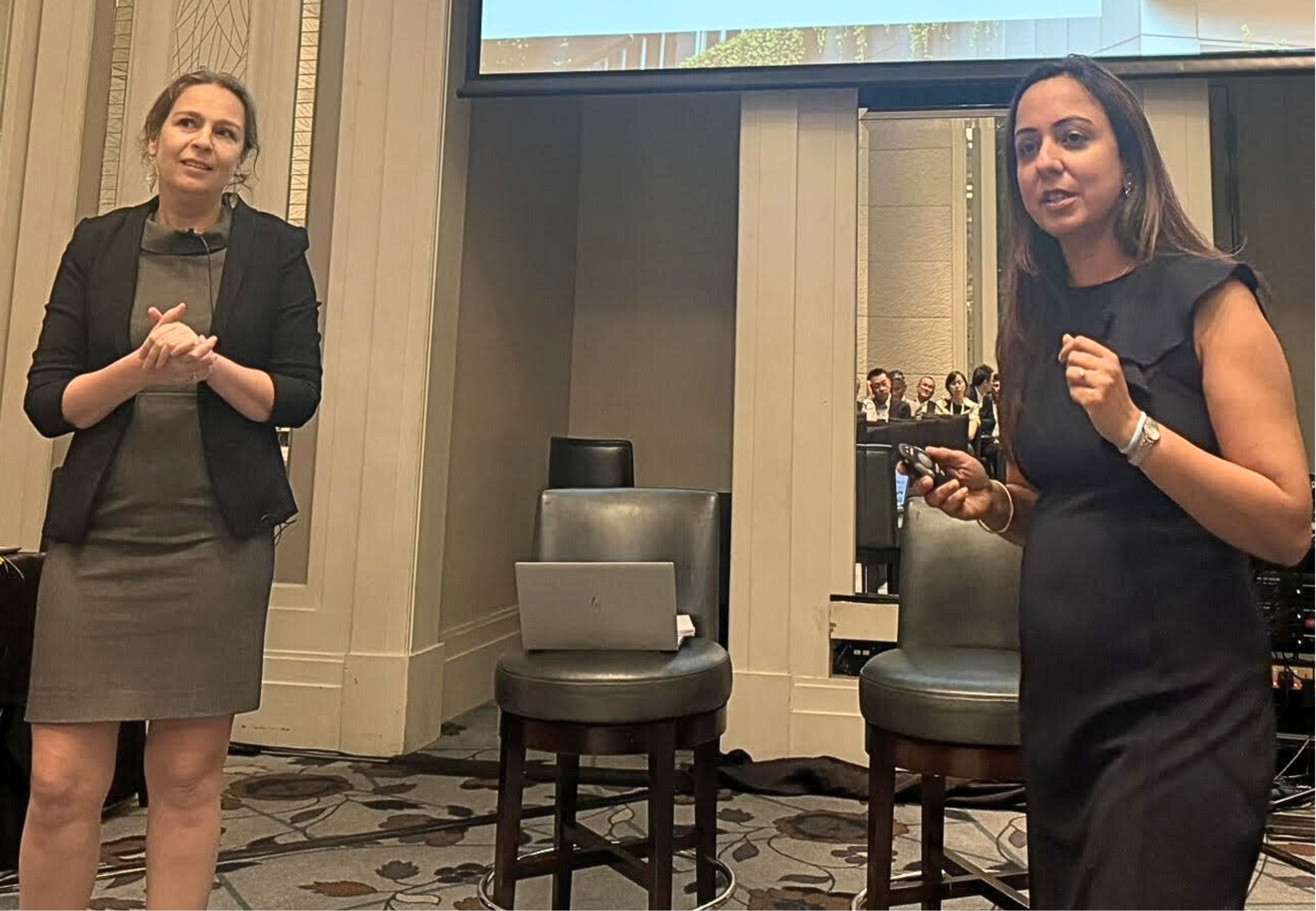More occupiers will rely on renewable power sources in offices by 2030, mirroring rising demand from corporates in Asia Pacific to access green energy options to meet their net-zero commitments. According to JLL (NYSE: JLL) research, framed by the views of approximately 250 corporate real estate leaders across Asia Pacific, 75% of occupiers want at least half their office portfolio fuelled by renewable sources by 2030.
To meet demands for more sustainable energy sources in offices, JLL analysis shows that both investors and occupiers are expressing interest in on-site renewables. According to JLL, four in 10 occupiers believe that on-site renewable energy will become non-negotiable for their organisation by 2030. However, the same respondents also believe that on-site renewables will require a degree of cooperation between the landlord and occupier across the leasing structures, ownership of assets, payment for solar electricity production access to certificate creation and other areas related to renewable energy.
“Across Asia Pacific, real estate asset owners and occupiers will increasingly lead from the front and demand renewable energy and onsite renewable energy power sources. By strategically choosing renewable energy sources and investing in buildings that are ready to actively engage with renewables-powered grids, there is significant scope to reduce long-term energy costs, while achieving sustainability goals within real estate portfolios,” said Kamya Miglani, Head of ESG Research, Asia Pacific, JLL.

For investors and occupiers looking to increase green energy sources in Asia Pacific office portfolios, scaling up the use of renewables in a building requires a range of well-planned strategies and considerations. Through conversations with JLL, a combination of on-site generation such as solar photovoltaics (PV) installation, and/or off-site renewable energy procurement through renewable energy certificates (REC) and power purchasing agreements (PPA), could be the solution, according to corporate real estate leaders.
In addition, JLL recommends sites be assessed to determine the feasibility of site for solar PV installation, as well as local grid connection or even the ability to share energy with other buildings within the portfolio. Working with a real estate advisor can help both landlords and occupiers to evaluate whether a simple roof leasing with tenant system investment, a third-party financed solar PPA, or landlord capital investment is feasible within broader net carbon zero goals.
“The real estate sector has a unique opportunity to become part of the electricity infrastructure and shape the future of renewable energy across the APAC region. To meet net-zero carbon goals, there is no silver bullet and therefore a comprehensive on- and off-site renewable strategy is required to capture this opportunity as well as active management of demand in buildings to respond to needs of the grid,” said Elke Kornalijnslijper, Head of Sustainability Consulting, Asia Pacific, JLL.
The Asia Pacific region is leading the green energy transition, contributing about 60% of new renewable energy capacity added globally in the last couple of years. At the forefront of this transition are several key Asian countries like Australia, China, Vietnam, and India.
Renewables are projected to surpass coal, making up more than one-third of total electricity generation by early 2025, according to various estimates. China is poised to dominate global renewable energy growth, with more than half of the world’s renewable energy additions expected to come from it in the next five years. While supportive policies and state incentives have accelerated growth, the rising corporate demand for renewable energy procurement and the price competitiveness of renewable electricity are the key drivers fuelling investment in the region’s green energy sector.
For further information, please contact Kamya Miglani, Head of ESG Research and Elke Kornalijnslijper, Head of Sustainability Consulting, Asia Pacific, JLL as the details below.
Read more here.











